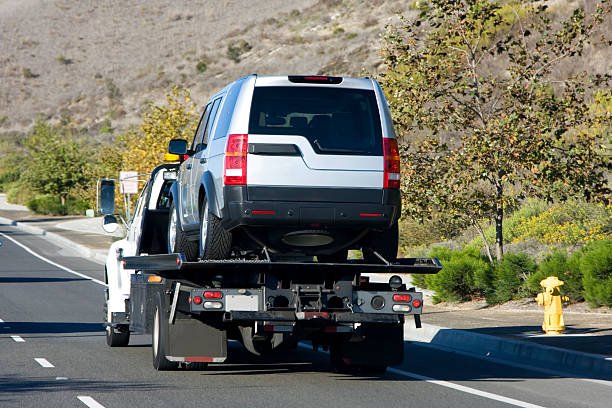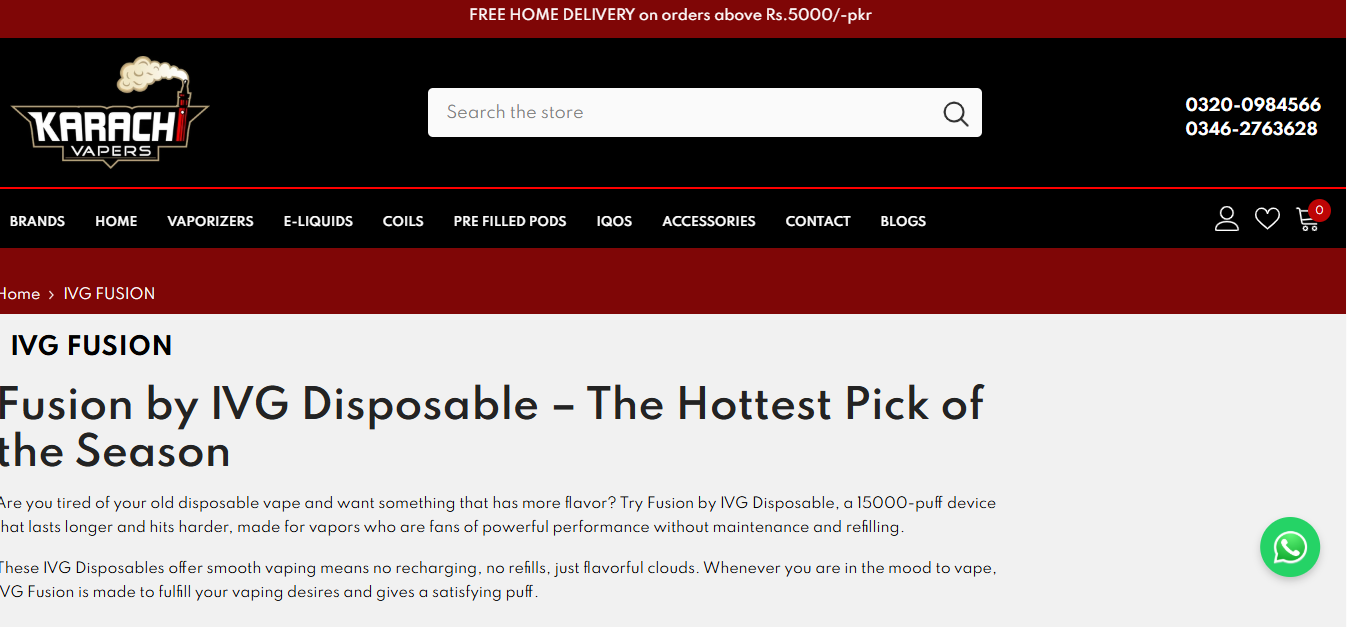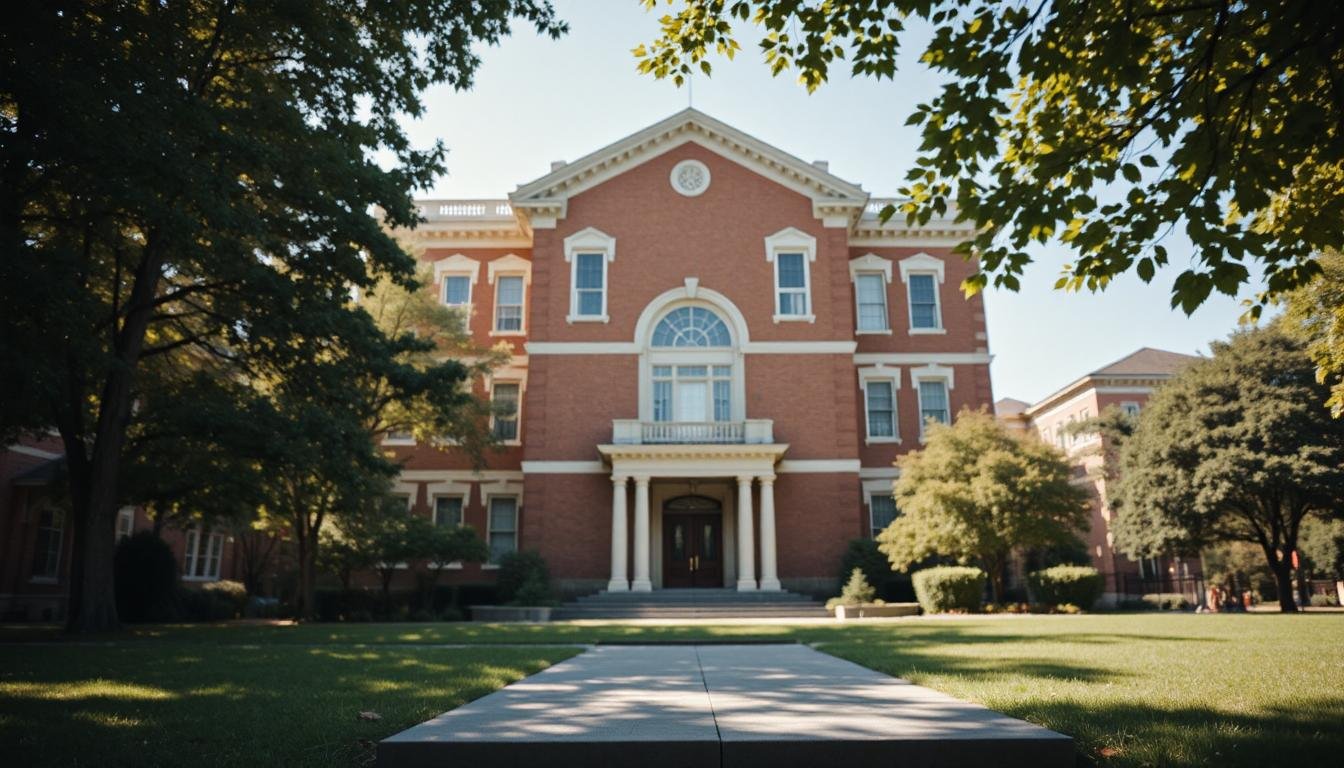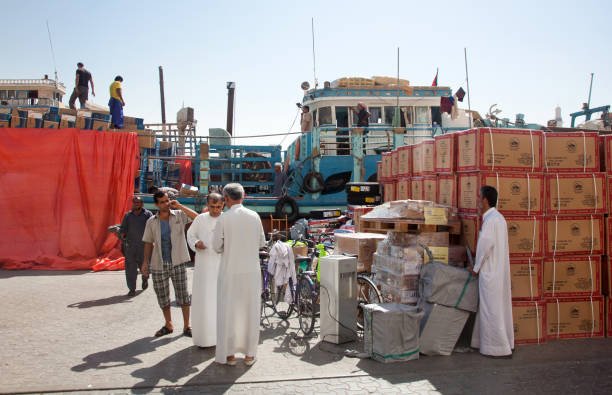When organizing a public event, whether it’s a concert, sports game, wedding, or political rally, the safety and security of all attendees must be a top priority. Events often bring together large groups of people, creating both excitement and potential risks. With large crowds comes a higher likelihood of issues, ranging from medical emergencies to public safety threats. The last thing anyone wants is for an event to be marred by a security breach that jeopardizes the experience for everyone involved.
This is where event security companies come into play. These professionals specialize in assessing, managing, and mitigating potential security risks that could arise before, during, or after an event. Their role is to ensure that all safety measures are in place, and that in the event of an incident, the response is swift, effective, and well-coordinated. In this blog, we will explore how event security companies protect against security threats at your event and the strategies they use to ensure a safe environment for all attendees.
1. Risk Assessment and Planning
Before any event even takes place, security companies conduct a comprehensive risk assessment. This is one of the most crucial steps in ensuring the safety of the event. The security team will assess factors such as the type of event, the venue, the expected crowd size, and the possible external threats. They also evaluate the vulnerabilities in the location itself, from its architecture to its infrastructure.
For example, a high-profile corporate event may attract potential risks such as corporate espionage or attempts to sabotage the event, while a concert could present crowd control and noise-related disturbances. The event security company will use this information to create a tailored security plan that addresses these specific threats. This strategy will often involve a combination of prevention, monitoring, and contingency plans in case of emergency. The goal is to anticipate potential security issues before they arise, ensuring everything runs smoothly on the day of the event.
A thorough risk assessment not only takes into account general security measures but also looks at other risks that could affect the event’s overall success. This includes evaluating the risk of natural disasters, such as bad weather, fires, or even the possibility of a terrorist attack. Given that public events can attract diverse audiences, understanding local crime trends and issues that may arise in specific neighborhoods is also crucial. Event security firms analyze all these factors to ensure a comprehensive and tailored plan for the event.
2. Surveillance and Monitoring
Once the event begins, maintaining constant surveillance is essential. Security companies use a variety of tools to monitor activities, detect any suspicious behavior, and address potential risks before they escalate. These tools include closed-circuit television (CCTV), drones, and on-the-ground security officers who maintain constant vigilance over the venue.
CCTV cameras, often placed at key locations such as entrances, exits, and crowd hotspots, provide a real-time view of the entire event. Not only does this allow security to detect any unusual behavior, but it also serves as a deterrent for would-be offenders. With the latest technology, cameras can be connected to mobile devices, allowing event organizers or security teams to keep track of the event’s security in real-time. Additionally, advanced software programs can automatically identify movement patterns that are unusual and alert security personnel.
Another effective surveillance tool is drones. Drones can be deployed at large outdoor events such as concerts or sports games to provide an aerial view of the venue. They give security teams the ability to monitor crowd movement, identify bottlenecks, and ensure that security protocols are being followed. They also offer a bird’s-eye view of large crowds, making it easier for security officers to spot incidents or dangerous behavior from above.
In addition to the technology, event security companies also station trained officers in strategic locations throughout the venue. These officers monitor the crowd, identify potential threats, and intervene before problems arise. Their presence provides another layer of security, especially for high-profile or sensitive events, where quick action may be required.
3. Crowd Control and Access Management
Crowd management is one of the most challenging aspects of event security, particularly when dealing with large gatherings. Managing crowds effectively requires careful planning and constant oversight to ensure that everyone remains safe and orderly.
Event security companies employ several methods to manage crowds and maintain smooth and safe crowd flow. These include setting up barricades, creating designated entry and exit points, and establishing clear pathways for people to follow. Having a clear and organized flow of people reduces the risk of overcrowding and accidents, which can be especially dangerous during events with standing-room-only sections or restricted areas.
Controlling the density of the crowd is particularly important, as overcrowding can quickly lead to serious safety hazards, including stampedes or suffocation. Event security teams continuously monitor crowd behavior, watching for signs of agitation, overcrowding, or distress, and take immediate action if necessary. If a problem arises, security personnel can redirect people, open additional pathways, or call for additional support.
Moreover, event security firms manage access to restricted areas such as VIP sections, backstage areas, or private lounges. This is usually done through ticket checks, ID verification, and sometimes biometric scanning. These measures ensure that only authorized individuals can access specific areas, reducing the risk of theft, unauthorized entry, or disruptions. With the rise of digital ticketing, security companies also use mobile-based solutions to verify guest access, making the process more efficient and secure.
4. Bag Searches and Metal Detection
To ensure public safety and prevent dangerous items from entering the venue, event security companies often conduct thorough screening, including bag checks and metal detection. Depending on the nature of the event, these measures can vary but are necessary to prevent weapons, drugs, or alcohol from being brought inside.
Bag searches are conducted as people enter the venue, with security personnel looking for items that could pose a risk. Additionally, metal detectors are set up at entrances to detect concealed items such as firearms, knives, or other weapons. These security measures are usually fast and efficient, ensuring that the security team can screen a large number of guests while maintaining a smooth and timely entry process. By taking these precautions, security teams reduce the chances of dangerous items entering the venue undetected.
Moreover, these measures help create a safer environment for attendees, offering them peace of mind knowing that the event organizers are taking all the necessary steps to ensure their safety.
5. Emergency Response Plans
Emergencies can happen at any time, regardless of the precautions taken. That’s why event security companies work closely with event organizers to develop comprehensive emergency response plans. These plans outline what to do in the event of various emergencies, from medical situations to natural disasters or even an active shooter scenario.
Security personnel are trained to respond to emergencies swiftly and effectively. In medical emergencies, for example, they can administer first aid and coordinate with paramedics. In cases of fires, security teams are trained to assist in evacuations, guiding attendees to safety. They also work closely with local law enforcement and emergency services to ensure that if an incident arises, all parties are in sync and ready to respond.
A well-thought-out emergency response plan can save lives. Event security companies often rehearse these plans in advance, conducting drills and ensuring that everyone knows their role in case of a crisis. When emergencies do occur, being prepared allows for a fast, organized, and effective response.
6. Cybersecurity Measures
In today’s digital world, event security companies also provide protection against cyber threats. This is especially important for high-tech events or conferences where data security is critical. Cyberattacks can disrupt events by targeting ticketing systems, payment systems, or attendee data, potentially causing major disruptions.
To combat these risks, event security companies implement cybersecurity measures, including encrypted ticketing platforms, secure payment systems, and constant monitoring of networks. They ensure that event-related digital systems remain secure, preventing potential cyberattacks from causing problems. Given the increasing reliance on technology, cybersecurity is becoming just as essential as physical security measures at public events.
7. Coordination with Local Authorities
One of the main benefits of working with event security companies is their ability to collaborate with local law enforcement and emergency response teams. Most security firms have established relationships with local police, fire departments, and medical teams. This ensures that in case of a serious threat, authorities can be quickly alerted and provide assistance.
With local law enforcement familiar with the venue and the event’s security plans, the response time is faster and more coordinated. This collaboration helps to minimize any delays and ensures that the event’s security response is as efficient as possible.
8. Post-Event Security
After the event ends, event security companies continue to provide important services. They conduct thorough checks of the venue to ensure no issues arise after attendees have left. They also assist with securing valuable equipment or sensitive information.
In addition, event security firms often provide detailed post-event reports, which document any security incidents that occurred during the event. These reports allow organizers to understand what went well, what could be improved, and how to better handle future events.
Conclusion
In conclusion, event security companies play a crucial role in keeping events safe and secure. From risk assessments to crowd control, surveillance, and emergency response, these experts are essential in preventing incidents and ensuring the safety of attendees. By providing a proactive approach to security, they help mitigate potential risks before they escalate, making your event a memorable and enjoyable experience for everyone involved.
Intraguard is a leading company offering a range of home security company, including patrolling, CCTV monitoring, manned guarding, and guard dog patrols to protect your property across the UK.










Leave a Reply